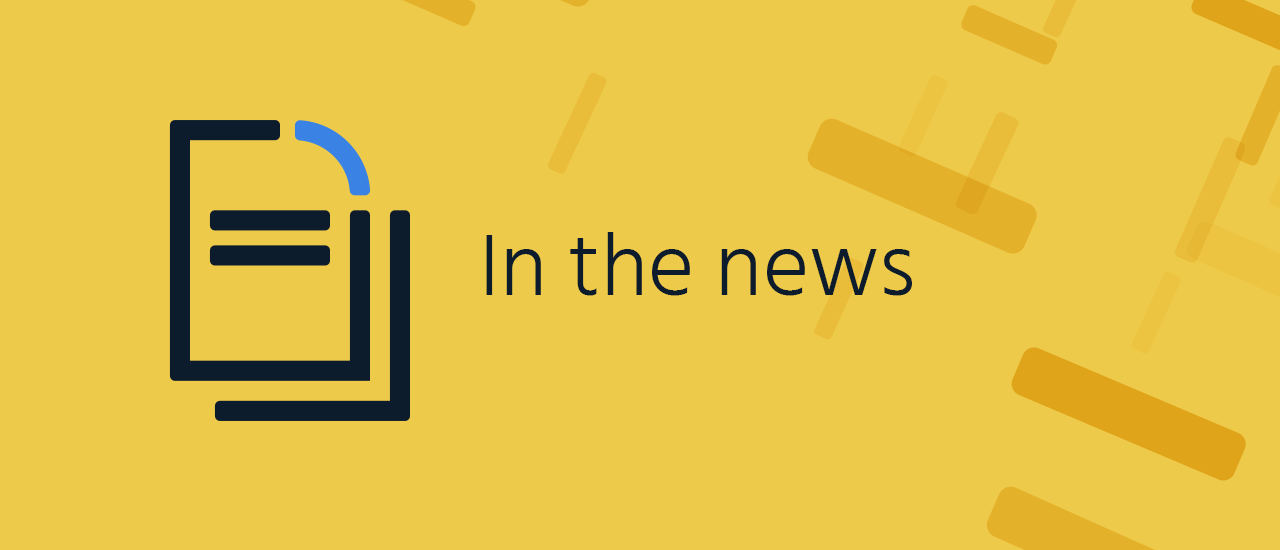Searching for a monopoly: The U.S. Department of Justice has filed an antitrust lawsuit against Google, accusing the tech giant of illegal monopolies in search and search advertising, CNet reports. The DOJ has accused Google of acting as an Internet “gatekeeper.” Google disputed the allegations, saying people use its services because they choose to, not because they have to.
New networking: The Lower Brule Sioux Tribe in central South Dakota has advanced a plan to provide computers and high-speed Internet connections to all students and teachers during the COVID-19 pandemic, the Argus Leader says. Since early June, the tribe has been working on a plan to build its own wireless Internet network, intended to cover the 207-square-mile Lower Brule reservation. The new network is the first-of-its-kind in South Dakota, and it began limited operations in July.
A bumpy relaunch: The French government’s relaunch of its COVID-19 tracing app, called, “TousAntiCovid,” hit some snags when it was downloaded more than 500,000 times in the hours following its launch, the BBC says. The traffic led to some stability problems, with some people unable to launch the app.
DNS vs. crime: Securing the Internet’s domain name system is a crucial step in fighting cybercrime, ComputerWeekly.com says. Research from EfficientIP found that 79 percent of organizations were affected by a DNS attack last year, with the average cost of nearly $1 million. It is “paramount” that firms take steps to secure the DNS layer, the article says.
Less freedom: Wired.com has a long article suggesting U.S. President Donald Trump has failed to protect Internet freedom. “More countries are following the dictator’s model for the Internet, but under the current administration, the U.S. is doing alarmingly little about it,” the article suggests. “The Trump administration has gutted vital diplomatic organs, from USAID funding to the State Department’s cyber-focused work, creating a leadership vacuum — one which authoritarian governments are stepping in to fill.”
Indigenous peoples in North America face unique challenges to connectivity – and their voices are critical to conversations about it. Read the 2020 Indigenous Connectivity Summit Policy Recommendations.
